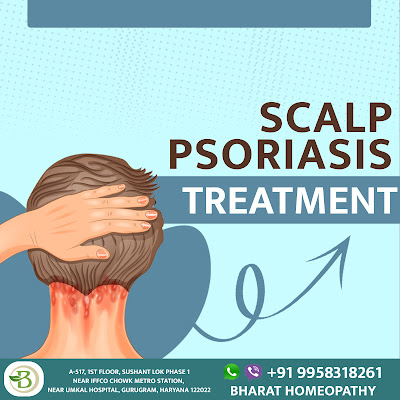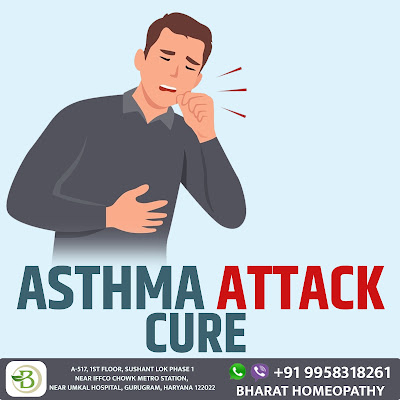An autoimmune skin ailment known as psoriasis causes cells to proliferate quickly on the skin's surface. Every 28 to 30 days, skin cells typically divide and exfoliate. In contrast, this process is sped up in psoriasis, and fresh skin cells emerge every three to four days. Rapid skin cell accumulation causes thick, silvery scales and red areas to appear on the skin's surface.
There are many types of psoriasis, some are:
Scalp psoriasis: Scalp psoriasis is a chronic skin condition characterized by red, itchy, and scaly patches on the scalp. It is a type of psoriasis, which is an autoimmune disorder that causes the skin cells to multiply at an abnormally fast rate, leading to the buildup of thick, silvery scales and inflammation.
Some common symptoms of scalp psoriasis include:
1. Red patches of skin covered with silvery-white scales on the scalp.
2. Itching, burning, or soreness on the affected areas.
3. Flaking of the skin, which can resemble dandruff.
4. Dryness and cracking of the skin on the scalp.
Plaque psoriasis: Plaque psoriasis is a chronic autoimmune skin condition characterized by the rapid buildup of skin cells, leading to the formation of raised, red patches covered with silvery-white scales. It is the most common form of psoriasis, a group of skin disorders caused by an overactive immune system.
Key features of plaque psoriasis include:
1. Plaques: Raised, thickened areas of inflamed skin. These plaques are often red or pink in color and covered with silvery-white scales. They can vary in size and can appear anywhere on the body, but are commonly found on the elbows, knees, scalp, lower back, and buttocks.
2. Itching and discomfort: The affected areas may be itchy, painful, or both, causing discomfort and sometimes leading to bleeding if the scales are scratched or peeled off.
3. Chronic and relapsing: Plaque psoriasis is a chronic condition, meaning it can persist for a long time, often coming and going in cycles of flare-ups and remissions.
4. Triggers: Certain triggers can worsen or provoke flare-ups of plaque psoriasis. Common triggers include stress, infections, injury to the skin (such as cuts or sunburns), certain medications, and changes in weather.
Genital psoriasis: Genital psoriasis is a specific type of psoriasis that affects the genital area. When it affects the genital region, it can be particularly uncomfortable and distressing for those who experience it.
Symptoms of genital psoriasis may include:
1. Red, inflamed skin in the genital area.
2. Silvery-white scales on the affected skin.
3. Itching, burning, or soreness in the genital region.
4. Discomfort or pain during sexual activity.
5. Dry and cracked skin in the genital area.




.png)


